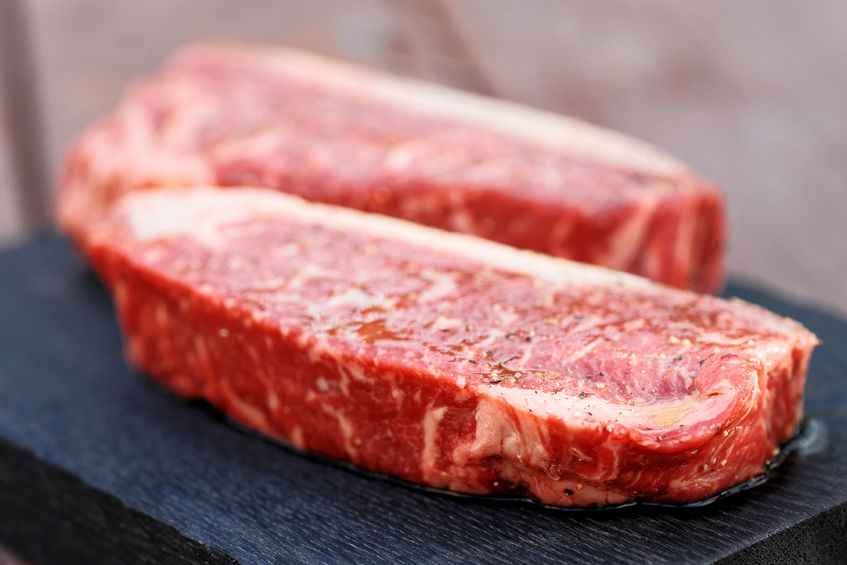
New research has been released which contradicts earlier studies which suggest there is a link to consumption of red meat and certain cancers.
New dietary recommendations claim there is no need for people to reduce their intake of red and processed meat.
It contradicts earlier findings by the University of Oxford and the Harvard TH Chan School of Public Health, which both suggest that eating red meat increases the risk of cancer.
The World Health Organisation's International Agency for Research on Cancer caused controversy in 2015 when it said processed meats do cause cancer and red meats were 'probably carcinogenic', despite limited evidence.
But new research released on Monday (30 September) refutes these previous findings because they aren't backed by good evidence, it says.
And if there are health benefits from eating less beef and pork, they are small, the study, published in Annals of Internal Medicine, concludes.
The researchers - led by Dalhousie University and McMaster University in Canada - looked at the same evidence other studies have seen.
They conclude that the risks are not that big and the evidence is so weak they could not be sure the risks were even real.
“The certainty of evidence for these risk reductions was low to very low,” said Bradley Johnston, an epidemiologist at Dalhousie University said.
“From 12 randomised controlled trials enrolling about 54,000 individuals, we did not find a statistically significant or an important association in the risk of heart disease, cancer or diabetes for those that consumed less red or processed meat.”
It comes as a leading nutritionist highlighted the positive health benefits of consuming lean red meat, and how it should be more widely-known in order to ensure an informed public debate.
These include helping people to reach optimal intakes of iron and zinc, and acting as a natural source of high-quality protein.
